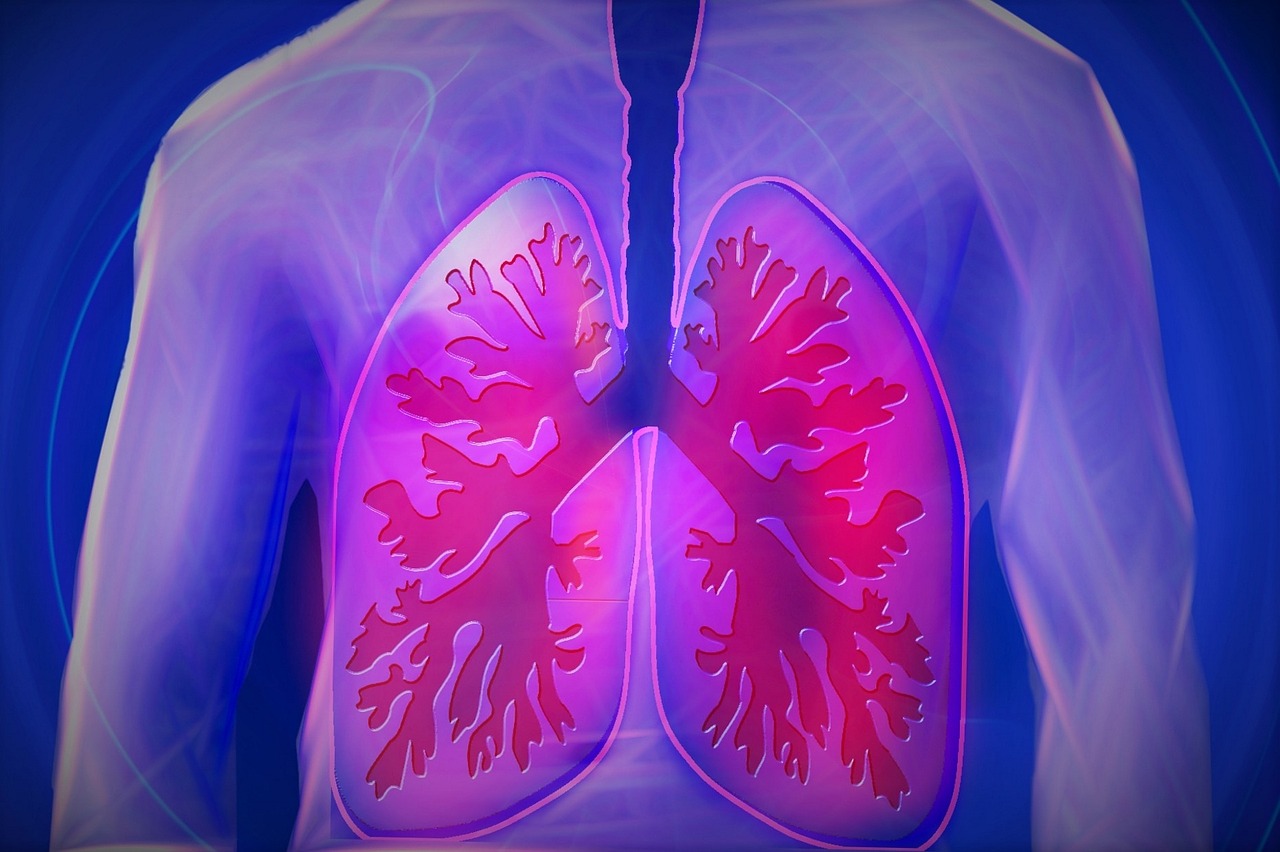Share this article with your network of friends!
Coping with Chronic Obstructive Pulmonary Disease (COPD) can be challenging, but with the right strategies and support, seniors can maintain a fulfilling and meaningful life. COPD affects breathing and can cause various symptoms, such as shortness of breath, coughing, and fatigue. In this article, we will explore practical tips and techniques to help seniors cope with COPD, manage their symptoms, and enjoy a better quality of life.
1. Educate Yourself about COPD:
Knowledge is power when it comes to managing COPD. Learn about the condition, its causes, symptoms, and treatment options. Understand the importance of early detection, proper medication usage, and lifestyle modifications to effectively manage your COPD. Stay informed about the latest advancements in COPD management and seek guidance from healthcare professionals to make informed decisions.
2. Create a COPD-Friendly Environment:
Make modifications to your living space to create a COPD-friendly environment. Ensure proper ventilation, maintain clean air filters, and keep your home free from environmental triggers like smoke, dust, and pet dander. Consider investing in air purifiers to improve air quality indoors. Arrange furniture for easy navigation and minimize clutter to reduce the risk of falls.
3. Adopt Healthy Lifestyle Habits:
Implementing healthy lifestyle habits can help manage COPD symptoms and improve overall well-being. Quit smoking if you are a smoker and avoid exposure to secondhand smoke. Follow a well-balanced diet rich in fruits, vegetables, whole grains, and lean proteins. Engage in regular exercise within your physical capabilities, focusing on activities that promote cardiovascular health and lung capacity.
4. Practice Breathing Techniques:
Breathing techniques can help manage shortness of breath and improve lung function. Practice techniques such as pursed-lip breathing, diaphragmatic breathing, and paced breathing. Consult with a respiratory therapist or pulmonary rehabilitation specialist for personalized guidance on these techniques and their effective implementation.
5. Manage Stress and Anxiety:
COPD can cause anxiety and stress due to its impact on daily activities and quality of life. Learn stress management techniques, such as mindfulness, meditation, and relaxation exercises, to reduce anxiety and improve emotional well-being. Engage in activities that bring joy and relaxation, such as listening to music, reading, or spending time in nature.
6. Stay Active and Engaged:
Physical activity, within the limits of your condition, is crucial for maintaining overall health and managing COPD symptoms. Engage in activities that you enjoy and that promote movement, such as walking, tai chi, or gentle stretching exercises. Stay socially engaged by participating in community groups, support networks, or COPD-specific programs. Sharing experiences and connecting with others facing similar challenges can provide valuable support and motivation.
7. Follow Medication and Treatment Plans:
Adhere to your prescribed medication and treatment plans. Take medications as directed by your healthcare provider and follow up with regular check-ups and assessments. Stay up to date with vaccinations, particularly flu and pneumonia shots, to protect yourself from respiratory infections. Consult with your healthcare team if you experience any changes in symptoms or need adjustments to your treatment plan.
8. Plan Ahead for Activities and Outings:
When participating in activities or outings, plan ahead to ensure your comfort and safety. Consider factors such as accessibility, proximity to medical facilities, availability of rest breaks, and accommodations for your needs. Carry necessary medications, inhalers, and medical information with you at all times. Inform your companions about your condition and any specific requirements they should be aware of.
9. Seek Support and Education:
Connect with support groups and organizations dedicated to COPD to access valuable resources, educational materials, and support networks. Share experiences, learn from others’ coping strategies, and seek advice from individuals who understand the challenges of living with COPD. Participate in educational programs or workshops to enhance your knowledge and skills for managing your condition effectively.
10. Communicate with Healthcare Providers:
Maintain open and regular communication with your healthcare providers. Discuss any concerns, changes in symptoms, or new treatment options. Stay proactive in managing your COPD and engage in shared decision-making with your healthcare team to optimize your care.
Living with COPD as a senior can present challenges, but with the right strategies, support, and a positive mindset, you can effectively manage your symptoms and maintain a fulfilling life. By educating yourself about COPD, creating a COPD-friendly environment, adopting healthy lifestyle habits, practicing breathing techniques, managing stress, staying active and engaged, following medication and treatment plans, planning ahead for activities, seeking support and education, and communicating with healthcare providers, you can navigate the journey with confidence. Remember, you are not alone, and there are resources and support available to help you live well with COPD.
DISCLAIMER: This website contains articles for informational and entertainment purposes only. No articles on this website should be considered as professional advice for any medical, legal, or financial matter. Advertisements and content may contain affiliate links, where the website earns a commission for sales derived from our users.





